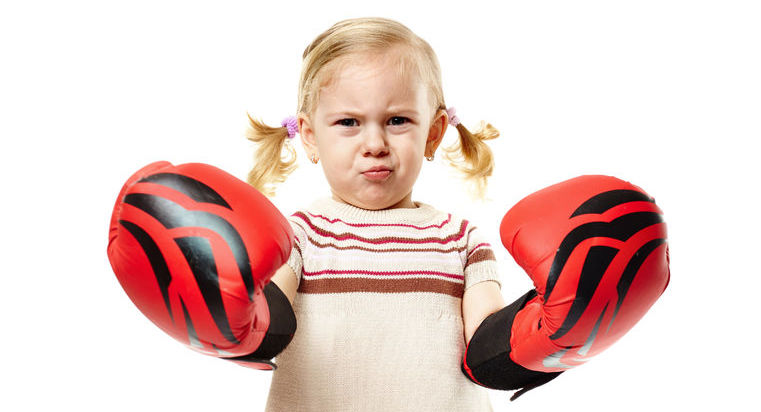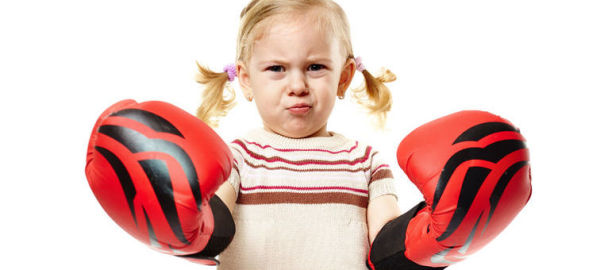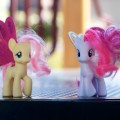
Today’s question might just be the very best question the Doctor + Dad have ever received.
A competitive edge seems to have just popped up in my preschool-aged daughter and her buds. Like who’s the tallest, fastest, strongest, etc. What’s the deal with that?
– Ashleigh
Well Ashleigh, we know what you mean. Just like Charlie Sheen during a career-threatening psychological breakdown, our four-year-old daughter is pretty big into “winning” these days too.

Competition, even among very young preschoolers, is really common. And it doesn’t even require a game, contest or other naturally competitive situation to rear its ugly head.
But unfortunately, there isn’t a ton of research on the topic of competition in children. The research that is available tends to focus on differences in competitive behavior between different cultural groups. And those findings show that competition is much more pronounced in cultures that value individual success over cooperative, group success.
If you’re raising kids in the U.S., U.K. or just about any westernized, capitalism-embracing country on Earth, that means you and your kids are bound to run into a whole bunch of competitiveness over the years.
So is that a good thing or a bad thing? It might just depend on how you look at it.
Why competitive kids are the best
If you think about how American and similar cultures define success – being the best student in the class, the most valuable player on the team, or the strongest contributor in the workplace – then having a competitive spirit isn’t bad at all. In fact, your young child showing signs of being competitive right now could indicate an ability to achieve great things in the future.
Why competitive kids are the worst
On the other hand, hearing the same “I’m winning! I’m winning!” mantra over and over from your cutthroat kiddo can be super annoying for you, and may even interfere with her capacity for making friends. So if you’re looking to put the kibosh on your child’s constant cries for competition, here are a few suggestions:
- Try to ignore it. We find that sometimes when we harp on something we don’t like that our kids are doing, it actually gets worse. But if we quickly and emotionlessly acknowledge the behavior that bugs us, and then immediately move on to another topic, it can actually be the best way to make it go away. So the next time your kid’s boasting too much about one of her abilities, try responding with something like, “Oh yes, I see that you can scream louder than all of your friends. Hey, doesn’t that cloud look just like Mommy’s bleeding eardrums?”
- Encourage playing in pairs. Research shows that competition is exaggerated in larger groups – which is why you may notice your daughter being more competitive when she’s hanging out with three or more of her friends compared to when she’s spending one-on-one time with just one pal. Help ensure that she is making strong friendships by complementing her large group playdates with some intimate ones – since those are more likely to be cooperative, rather than competitive.
- Promote positive forms of competition. Sometimes competition is totally appropriate and even encouraged, like during games and sports. So break out the board games, balls or giant inflatable sumo suits for an easy and fun way to help your child channel her competitive drives into more appropriate avenues. Remember to model positive competitive behavior yourself, so she learns how to compete – and also be a good sport!





